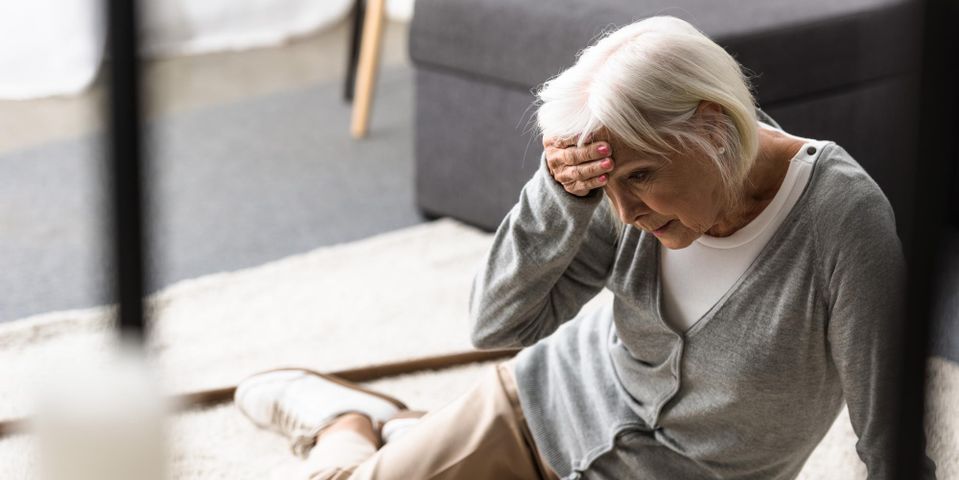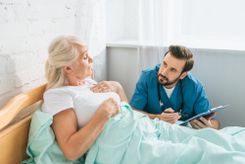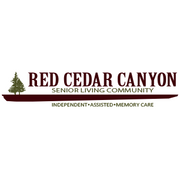How to Recognize the Signs of a Stroke

For seniors enjoying independent living, it’s especially important to know the signs of and appropriate responses to strokes. After all, when a stroke is occurring, it must immediately be treated. There are steps that a senior can take to help themselves while calling for aid.
What Are the Signs of a Stroke?
A stroke means that there is compromised or inadequate blood flow through the brain, so the signs will point to its malfunction. It’s helpful to remember the acronym F.A.S.T. This is because the symptoms will manifest in the face, arms, speech patterns, and the time while summoning an ambulance.
More specifically, one side of the face will droop when attempting to smile. Only one arm will have the strength to be held up. Numbness will pervade both the face and arm, especially on one side of the body. Speech will be slurred, and the victim may have difficulty understanding anything said to them. There may also be dizziness, partial loss of eyesight or double vision, lack of coordination and balance while walking, and a sharp headache. Nausea, stiff muscles, and paralysis are possible as well. Most of these symptoms can be tested by oneself in independent living, so if you notice them happening to you, call 911 and a caregiver.
What Actions Should Be Taken for a Stroke?
 Besides calling 911 and noting the time that the symptoms began so that medical personnel can more effectively treat the phenomenon when they get there, keep the victim awake. Strokes can make a person feel powerfully sleepy, but if they fall asleep, they can’t be treated in a timely manner, increasing the likelihood that there will be permanent brain damage.
Besides calling 911 and noting the time that the symptoms began so that medical personnel can more effectively treat the phenomenon when they get there, keep the victim awake. Strokes can make a person feel powerfully sleepy, but if they fall asleep, they can’t be treated in a timely manner, increasing the likelihood that there will be permanent brain damage.
Turn the victim on their side, the head slightly elevated, and loosen any tight or restrictive clothing items. Don’t give them any food or medicine until doctors can determine what type of stroke has occurred. If necessary, perform CPR.
If you’re the victim and have already contacted 911 or an independent living aide, lay on your side with your head on a pillow or another item that will keep it raised. Do your best to stay awake. Focus on staying calm until help arrives.
Whether your senior parent prefers independent living or being more closely surrounded by caregivers in an assisted living community, Red Cedar Canyon Senior Living in Hudson, WI, is prepared to recognize and treat strokes. They’re also equipped to help manage other brain-related issues, offering dementia and Alzheimer’s care. Find out how else they can help by calling (715) 381-7333 or visiting them online.
About the Business
Have a question? Ask the experts!
Send your question

